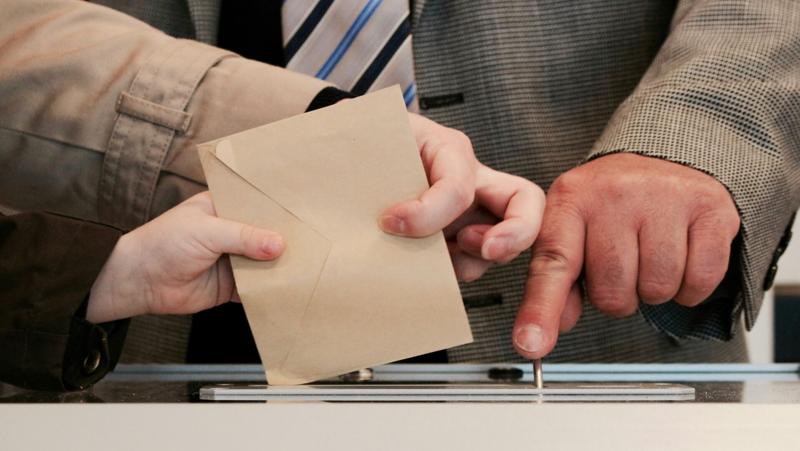(The Center Square) – The Arizona Legislature joined Montana on Wednesday to lead 18 other states in filing an amicus brief supporting Idaho laws that prohibit the use of high school and college IDs for in-person voting and voter registration.
Filed in the U.S. Court of Appeals for the Ninth Circuit, the brief backs Idaho Secretary of State Phil McGrane, the defendant in a lawsuit filed by March for Our Lives Idaho, a student organization that encourages young voters to cast ballots and supports gun safety, and the Idaho Alliance for Retired Americans. Both nonprofits are based in Boise.
Their suit contends that prohibiting student IDs discriminates against younger voters and violates the 26th Amendment, which lowered the voting age to 18 when it was passed in 1971. Their suit also notes that Idaho allows others IDs for voters: a state-issued driver’s license or an ID issued by the Idaho Transportation Department, a passport issued by the U.S. government, a tribal ID card or a license to carry a concealed weapon.
The U.S. District Court for the District of Idaho granted a summary judgment in Idaho’s favor, but the plaintiffs filed an appeal at the San Francisco-based Ninth Circuit. Arizona and the other states in the “friend of the court” brief are arguing the district court ruled properly in allowing Idaho to exclude student IDs for in-person voting or registration.
The states contend there is no evidence that the Idaho Legislature tried to deprive young people of their right to vote by excluding student IDs or that the state violated the 26th Amendment.
“Every state has an absolute right to implement voter ID laws through its legislature,” Arizona Senate President Warren Petersen said in a statement emailed Wednesday to The Center Square and other media.
Plaintiffs in the case have quoted McGrane, who testified at a 2023 legislative committee hearing that there’s no rampant voter fraud in Idaho, including any committed by students.
But Petersen said, “A state is not required to wait until fraud occurs in order to take action to ensure fraud is prevented. The Arizona Legislature stands with Idaho and supports its rights to determine what constitutes acceptable forms of identification to register and to vote.”
“Arizona has been at the forefront of this movement to ensure the integrity of our elections’ process through the requirement that citizens must produce voter ID when registering and when appearing to vote,” Petersen said. “Prevention is better than prosecution.”
In addition to the Arizona Legislature and Montana, those supporting the amicus brief favoring Idaho’s laws are Arkansas, Florida, Georgia, Indiana, Iowa, Kansas, Louisiana, Missouri, Nebraska, North Dakota, Ohio, Oklahoma, South Carolina, South Dakota, Tennessee, Texas and Wyoming.
Plaintiffs in the lawsuit against Idaho have argued House Bills 124 and 340, both passed in 2023, were intentional attempts to make it “dramatically harder” for young voters to cast a ballot. HB 124 excludes the use of student IDs for in-person voting, and House Bill 340 excludes student IDs for voter registration and requires one of four forms of photo ID for registration (matching the forms of IDs allowed under House Bill 124).
“As a result, no one may now register to vote unless they have and present one of the four limited forms of accepted photo identification,” the plaintiffs argued in their brief for the Ninth Circuit..
“The opposition to student identification was driven by legislators who represent districts with substantial student populations, and who stood to gain by making it harder for those young voters to vote,” the plaintiffs wrote. “And the bills were enacted in the context of a broader backlash to several years of rising youth political engagement in Idaho.”






